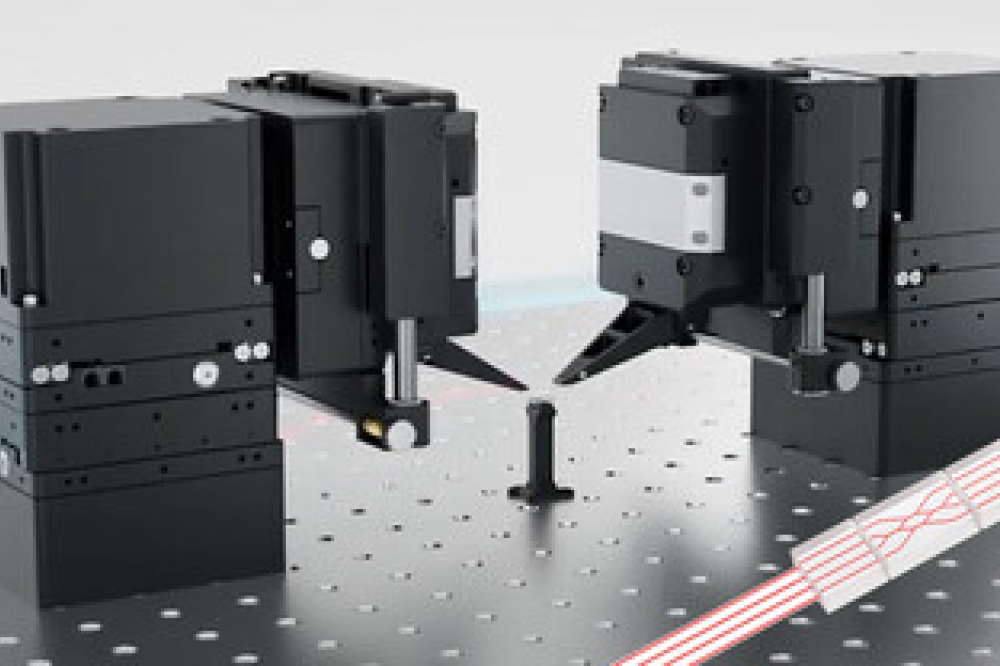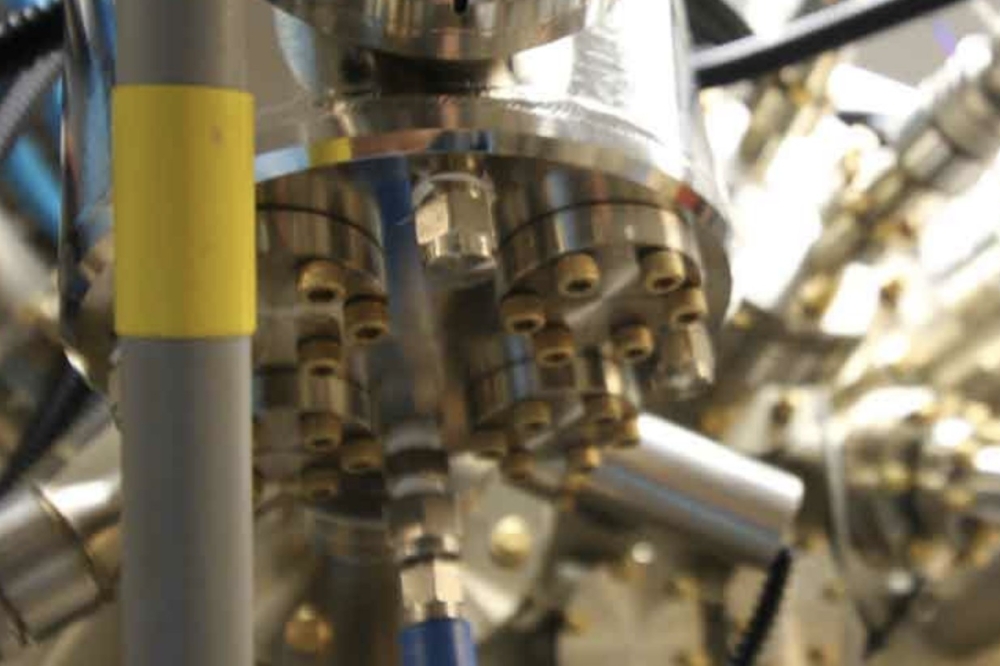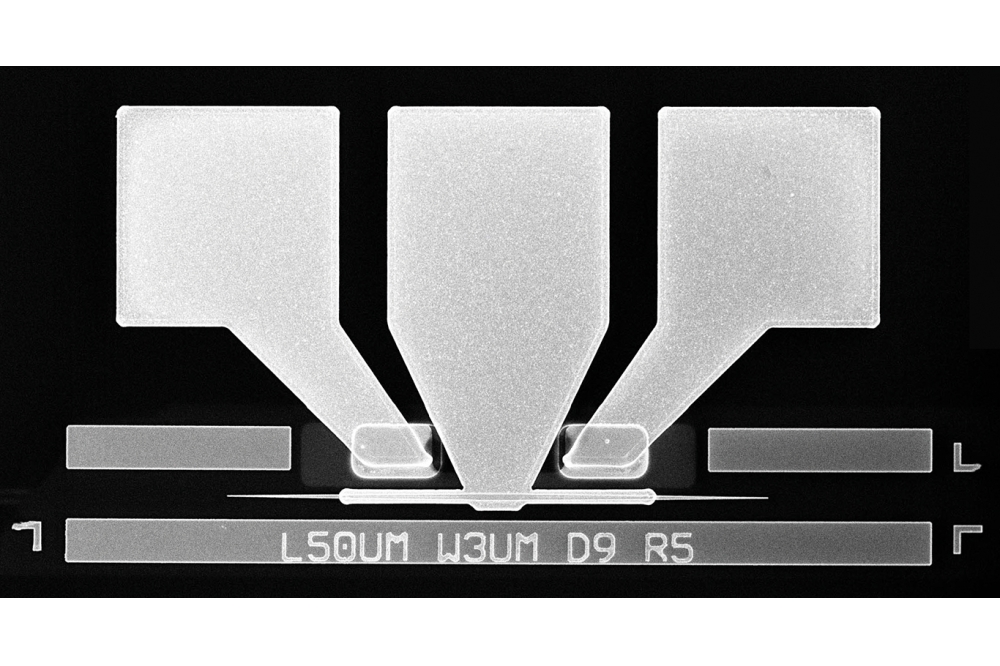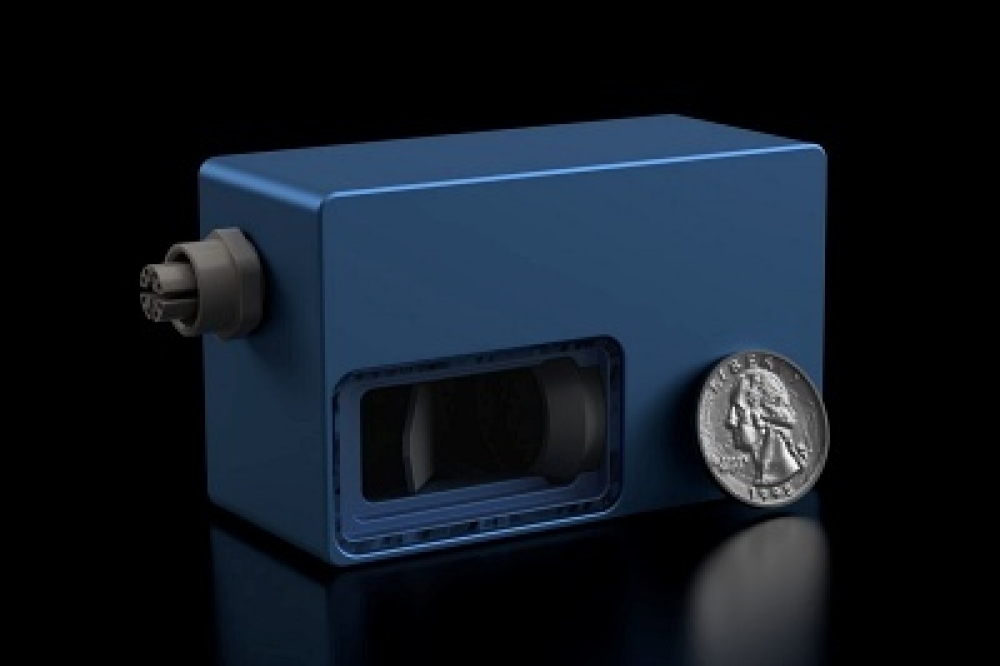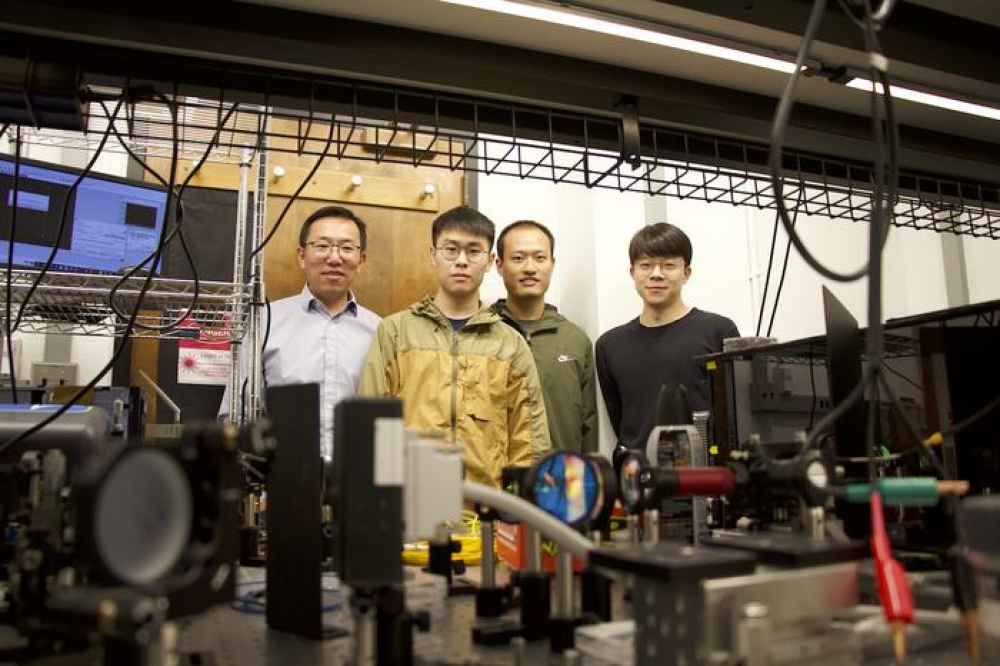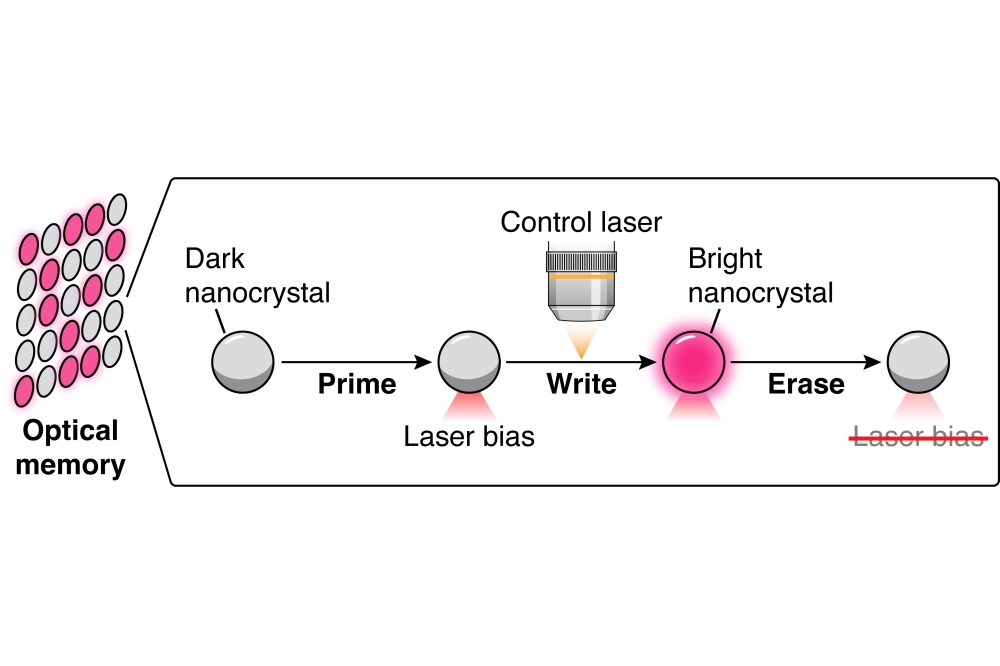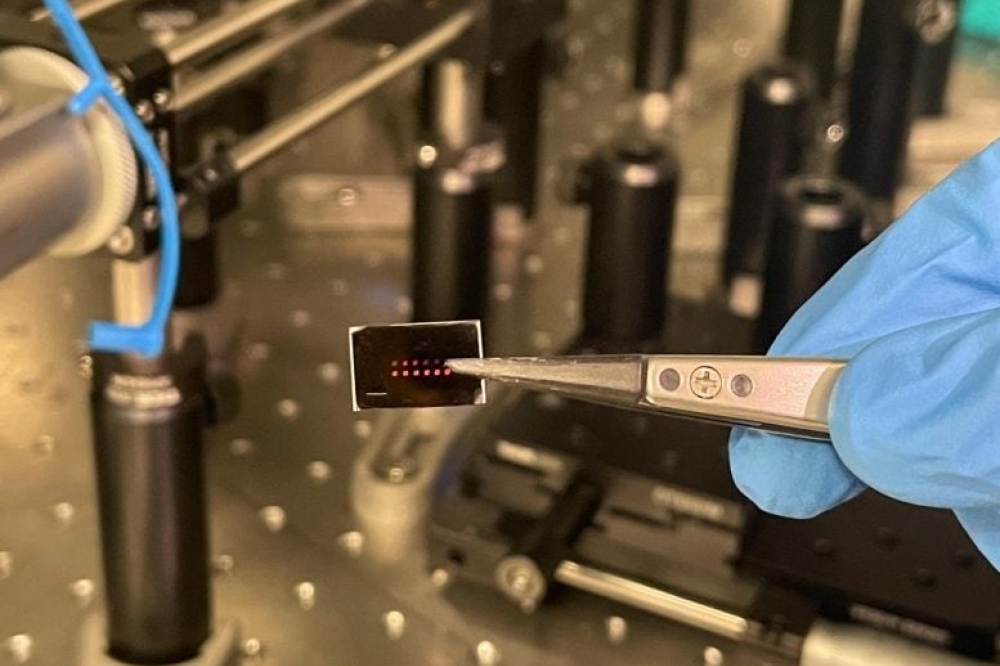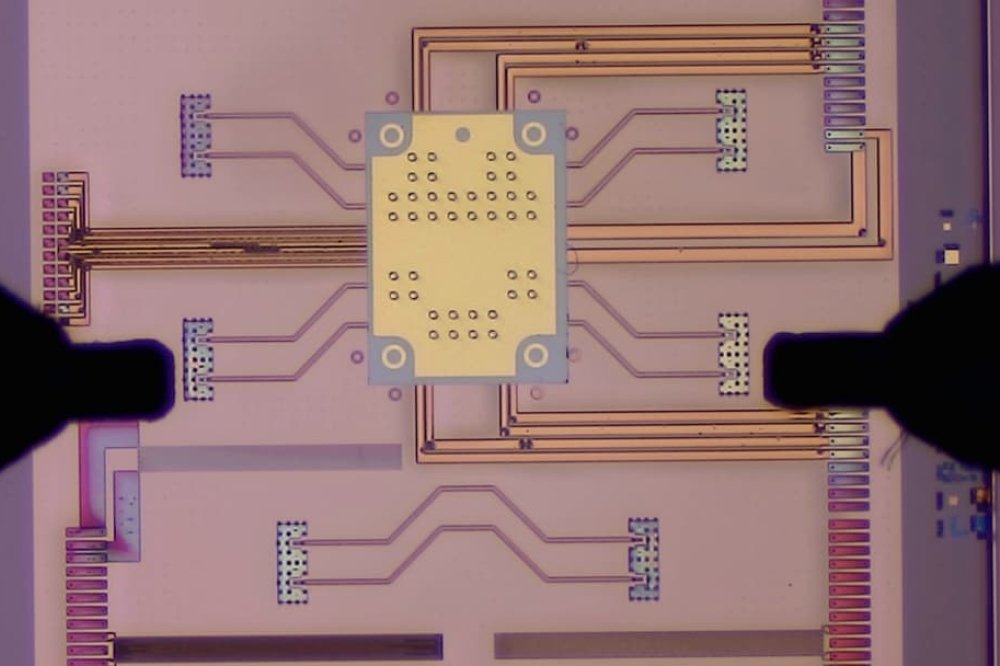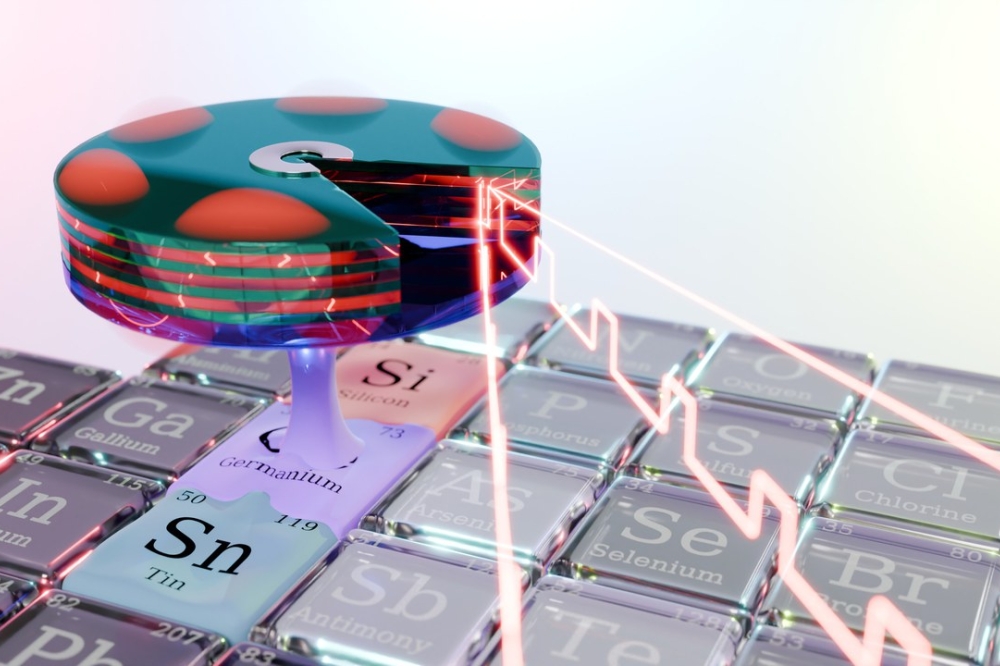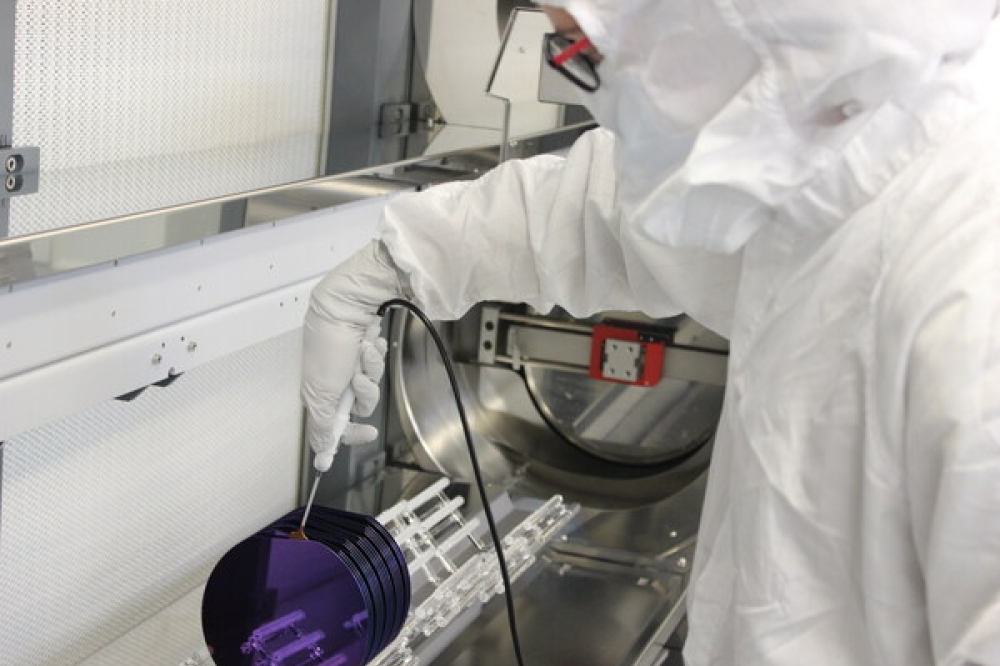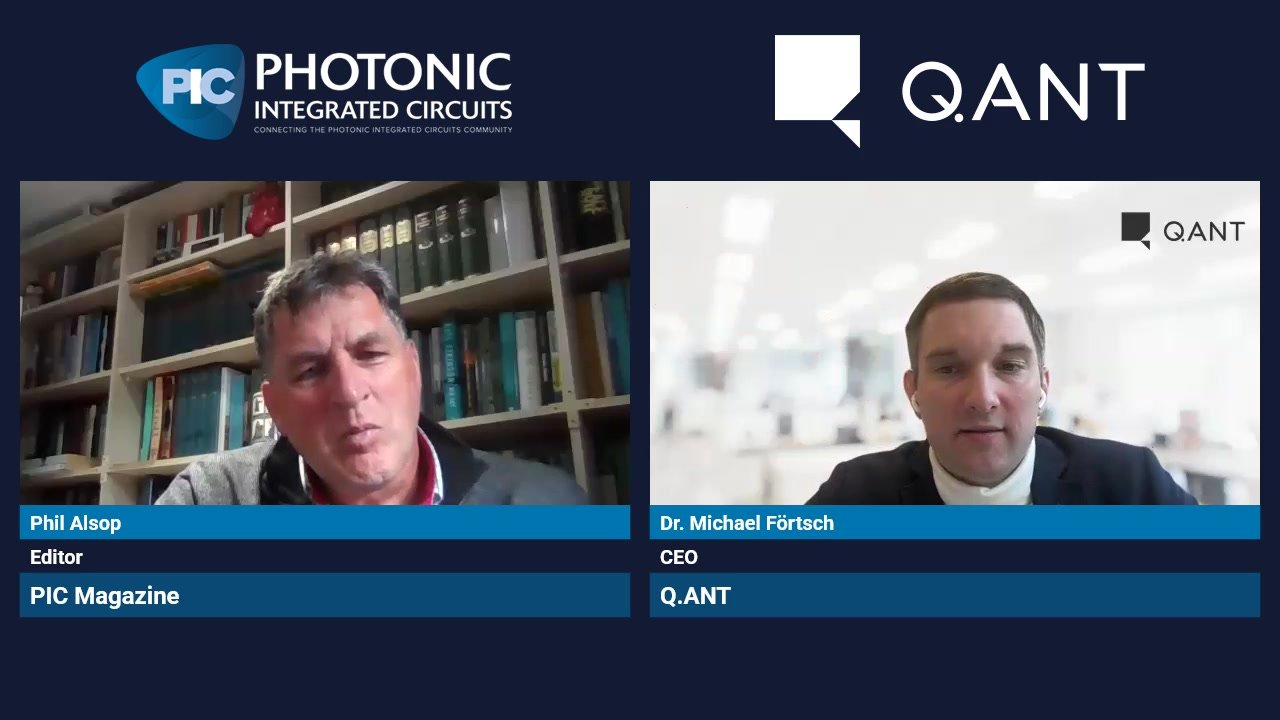CompoundTek and Ningbo Hyper-silicon to collaborate in SiPh solutions

CompoundTek Pte (CompoundTek), a global foundry service provider in emerging silicon photonics (SiPh) solutions, has formed a strategic collaboration with Ningbo Hyper-silicon Technology , a China-based transceiver solution provider for data centres, to establish cost-effective high-volume SiPh Wafer Edge Coupling Test.
The partnership leverages CompoundTek's existing wafer test solutions portfolio and aims to address the growing need for cost-effective testing capabilities with comprehensive coverage to identify known good dies at the wafer level and eliminate or reduce the need to perform die-level testing. It also taps into performance testing of the edge coupler, which is conducted in simulations akin to real-world or end-user applications, enabling SiPh product companies like Hyper-silicon to have faster yield feedback. Capturing potential excursions in the fab earlier minimises the cost of yield dropouts in the later stages of the packaging process.
Raj Kumar, Founder and Chief Executive Officer (CEO) of IGSS Ventures, the holding company for CompoundTek, and the company's CEO said, "We have been working to push the present technical boundaries in SiPh testing that allow for SiPh mass productions and are excited to work with like-minded customers like Ningbo Hyper-silicon. CompoundTek believes technology innovations in cost-effective and efficient test strategies capable of detecting defective dies or dies that do not meet the expected performance at the wafer level are key to wider adoption in the SiPh wafer-level edge coupling test space."
Ningbo Hyper-silicon's Founder Yang Ming adds, "The high growth of demand for our product requires us to test our SiPh chips in both timely and cost-efficient ways to meet our end customer demand. A repeatable and reliable SiPh wafer-level electro-optical testing test platform is critical to achieving this goal. CompoundTek's edge coupling wafer test solution meets our criteria, leading to improved quality control for the manufactured chips and identifying failures in the earlier assembly steps, allowing us to focus on Hyper-silicon's core competencies in chip architecture and design."
Today, integrating optical with electrical components on a single chip creates multiple new challenges in wafer-level testing of SiPh devices as large volumes of optical, electrical and opto-electrical device-performance data are required at various stages of the product development life cycles, from prototyping to qualification and subsequently into production. Most companies have homegrown SiPh bench solutions, typically sufficient for small-scale engineering characterisation during the initial design verification phase but inefficient for the high-throughput and low-cost test required for testing from risk production to the mass production phase. Wafer-level edge coupling gives a higher test coverage than vertical coupling, traditionally used for coupling the light during wafer testing.
An agnostic SiPh wafer test service provider with a cost-efficient wafer test solution is needed to address market gaps, including for the largest SiPh product companies who had to make do with modified testers and limited in-house capabilities.
Singapore-based CompoundTek has a portfolio of 20 global commercial customers and collaborates with over 20 research institutes and universities in various applications such as telecommunications, automotive radar, data communications, bio-sensing, artificial intelligence, quantum computing and smart sensors. The company is one of the few in the world with a dedicated SiPh water testing cleanroom offering state-of-the-art testing capabilities through multiple collaborations with specialised SiPh hardware testing companies to leapfrog leading-edge capabilities.



